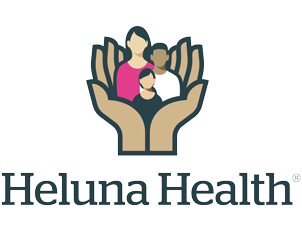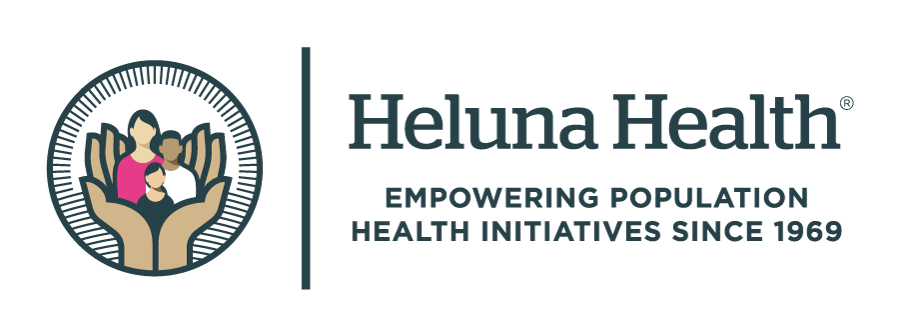This summer, we’re partnering with Univision Contigo to promote “Una Vida Mas Saludable,” sharing ideas and tips for living a healthier life. In this article, we focus on the mental health of new mothers and the resources available to help them overcome perinatal depression.
This article was originally published on Univision.com: leer en español >
By Dr. Blayne Cutler, President and CEO, Heluna Health
The experiences of becoming pregnant and having a child can often come with many surprises. A variety of new questions begin to run through the mind of a mom-to-be, “What will my child look like?” “Will my child be healthy?” “How do I find the best doctor?” Even with the best planning, most expecting mothers know that parenting is full of unpredictable events. But when the surprise of experiencing deep sadness or intense worry hit during a time they’ve been told should be one of pure joy and excitement, the unexpected can become overwhelming. These feelings may be more than the typical “baby blues”, which is a normal adjustment period after birth that can last for approximately one to two weeks.
Beyond the baby blues
New mothers experiencing prolonged symptoms of sadness, anxiety, intense worry, frequent crying or lethargy for more than two weeks after the birth of their baby may be experiencing postpartum depression. Perinatal (during pregnancy) and postpartum (after birth) depression can affect pregnant women and new mothers up to the first year after a child’s birth. Experiencing hopelessness, intense anger, anxiety and loss of appetite are just some of the symptoms of depression. Experiencing these symptoms can make new mothers feel very alone and sometimes prevent them from seeking the help they need. In fact, depression is one of the most frequent complications of pregnancy, affecting 10-20%* of expecting mothers and those who have recently given birth. It may also be a surprise that one in 10 new dads is affected by depression, as well.
Know the signs and speak up
When it comes to ensuring that women and families receive the care they need, empowering women to advocate for themselves at the doctor’s office is extremely important. Since many health care providers may not screen for perinatal and postpartum depression during regular visits, speaking up can save a woman’s life and the life of her baby. Knowing the signs of depression and deciding to get help are the first, and often the most important, steps.
At Heluna Health’s PHFE WIC program, the largest nonprofit network of Women, Infants and Children (WIC) centers in the U.S., we often see pregnant women and new moms between doctor’s visits, as we administer our services. Each month, PHFE WIC serves over 200,000 women and their families with nutrition education, breastfeeding support, links to family resources, and vouchers for healthy foods. WIC counselors see mothers in the days and weeks immediately after giving birth, and continue to follow up on a mother’s health for months after delivery. During regular nutrition education or breastfeeding support visits, our team members often hear about the challenges and emotional struggles that our families are facing. Staff members are trained to make referrals that can help new mothers and fathers obtain the critical support they need. Public health nutrition programs like WIC play a vital role in supporting an integrated approach to caring for new parents and their growing families.
Getting help
The good news is that perinatal and postpartum depression are treatable. Additionally, there are many tools available to help expectant parents better understand what to look out for, like this resource: 6 signs every mom and mom-to-be should know about perinatal depression. Becoming a parent can be both wonderful and challenging. If you are feeling a significantly different that you thought you might feel about the experience, seek help and don’t feel ashamed…the odds are in your favor that it will get better.
If you are someone you know may be affected by perinatal or postpartum depression, please call or text this helpline, available 24 hours a day in English and Spanish:
Call 1-800-944-4773 (4PPD)
Text 503-894-9453
Dr. Blayne Cutler is a public health physician, writer and the President and CEO of Heluna Health.
Citation:
*Stewart, D.E., Robertson, E., Dennis, C-L., Grace, S.L., & Wallington, T. (2003). Postpartum depression: Literature review of risk factors and interventions.





